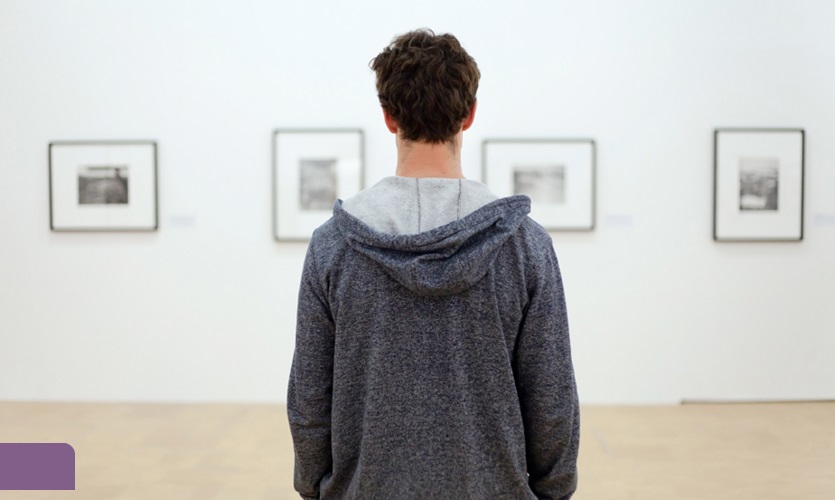From Veteranality to Criminological Artivism: understanding the veteran-offender through transformative criminological research
Centre for Crime, Criminalisation and Social Exclusion
 Standard approaches to social research on the life journeys of ex-military personnel who end up in the criminal justice system is problematic and support difficult to frame. In response, Murray and Jackson developed Criminological Artivism, a new model of qualitative research based on the coproduction of research between arts organisations, penal reform campaigners and criminological researchers.
Standard approaches to social research on the life journeys of ex-military personnel who end up in the criminal justice system is problematic and support difficult to frame. In response, Murray and Jackson developed Criminological Artivism, a new model of qualitative research based on the coproduction of research between arts organisations, penal reform campaigners and criminological researchers.
Impact on the Liverpool City Region
Using art as a platform for voices that are rarely heard in society is a strong theme of contemporary art practice. Film, Art and Creative Technology (FACT) Liverpool embraced the idea which has had a profound effect on its’ working practices and is helping veterans themselves with their mental health and self-esteem.
In her role as ‘Criminologist in Residence’ at FACT, Murray has significantly shaped its creative programme for military veterans and the wider work of FACT Learning Programme, redefining the organisation’s responsibilities towards partners, collaborators, artists and participants.
The Serious Games project led to events in FACT and within the Ministry of Justice Probation Team, Prison and Probation Ombudsman’s Office, London Design Festival, Tate Exchange, and Manchester International Festival as well as with academic audiences at the British Society of Criminology and Howard League Conference.
“This work was central to FACT’s Learning Duty of Care, a work-in-progress set of guidelines for participatory and collaborative projects that is now part of the everyday work of the organisation” – CEO, FACT Liverpool
LJMU Academics
Download a PDF version of this case study (opens in a new tab)
